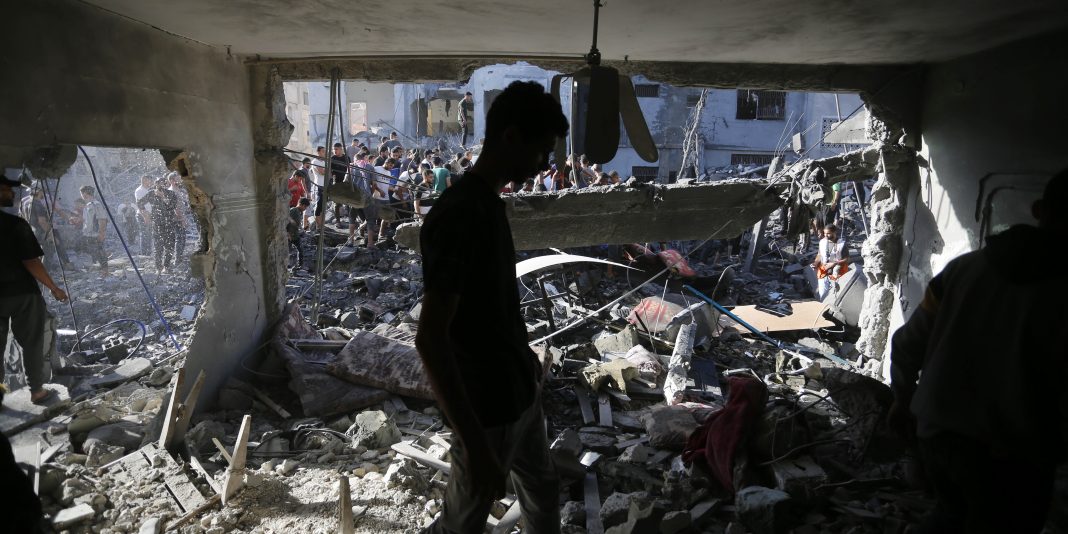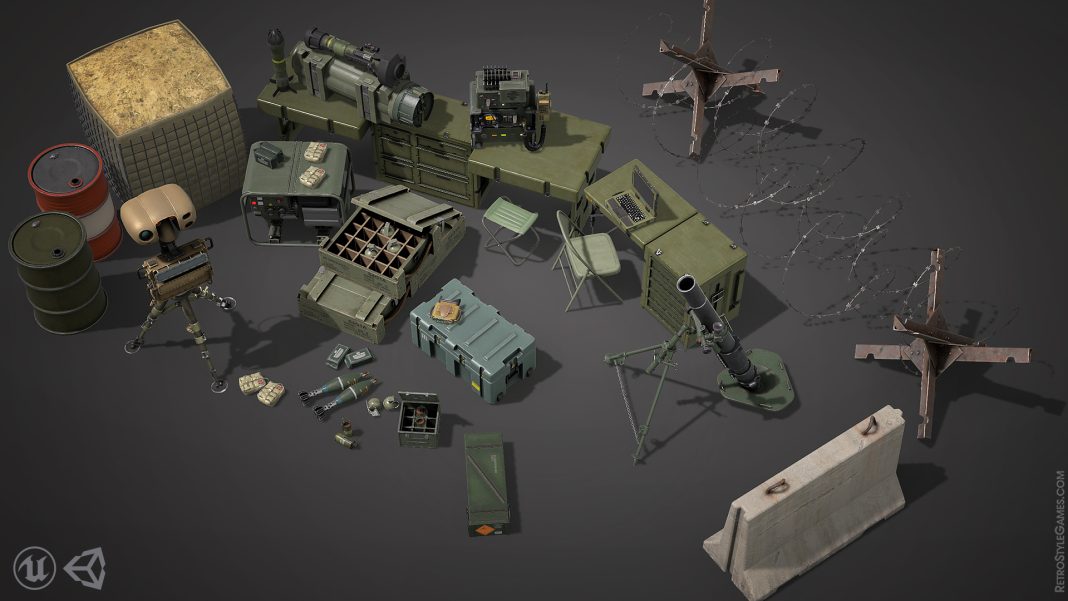Title: The ICC Seeks Arrest Warrants Against Israeli Officials: A Watershed Moment for International Justice
Introduction:
The recent announcement by the International Criminal Court (ICC) that it is seeking arrest warrants against top Israeli officials, alongside senior officials from Hamas, has sent shockwaves through the international community. This move marks a significant development in international humanitarian law, potentially holding even close allies of the U.S. accountable for their actions. The repercussions of this decision are far-reaching, with potential consequences for countries supporting Israel’s war efforts in Gaza.
The ICC’s Historic Move:
The ICC’s decision to seek arrest warrants against Israeli Prime Minister Benjamin Netanyahu, Defense Minister Yoav Gallant, and three Hamas leaders has surprised many legal observers. This move breaks new ground, as the ICC has never before indicted a Western official. Human rights attorney Reed Brody notes that until now, international justice has primarily been used against enemies and outcasts. By placing Israel in the same category, the ICC’s decision could have serious implications for the U.S., a close ally of Israel.
Implications for U.S. Allies:
Sarah Knuckey, an expert on international law, suggests that the ICC’s announcement may impact other countries supporting Israel’s war efforts in Gaza. If there are reasonable grounds to believe that senior Israeli officials are responsible for war crimes, countries aiding Israel may be at risk of complicity in those same crimes. This could lead to accelerated efforts in other countries to halt weapon sales or military aid to Israel.
Travel Restrictions and International Events:
If ICC judges issue arrest warrants for Israeli and Hamas officials, it will significantly curtail the ability of suspects like Netanyahu and Gallant to travel abroad and participate in international events. All 124 countries that are parties to the Rome Statute, which established the ICC, are legally obligated to cooperate with the court and arrest anyone subject to an ICC warrant. This restriction could further isolate Israeli officials accused of war crimes.
Surprising Move by ICC Prosecutor:
Legal experts express surprise that ICC prosecutor Karim Khan, who is seen as close to the foreign policy interests of Western states and even favored by Israel, took the lead in this consequential announcement. The ICC’s previous reluctance to hold Israeli officials accountable for war crimes, despite strong warnings to both Hamas and Israel, adds to the unexpected nature of Khan’s decision.
The Context of the Gaza War:
The announcement for arrest warrants comes amid a devastating war in Gaza, resulting in numerous civilian casualties and widespread destruction. Israel’s attempts to block humanitarian aid have led to a state of “full-blown famine” in parts of Gaza. The international community has condemned Israel’s actions, with several countries denouncing its conduct and mass protests occurring worldwide.
U.S. Response and International Reactions:
While the U.S. government has criticized the ICC’s allegations against Israel, other states have welcomed the announcement. Ireland, a critic of Israel within the European Union, has called on countries to respect the independence and impartiality of the ICC while condemning threats against the court. The issuance of warrants against Israel, despite objections from its powerful superpower ally, will likely be a defining moment for the ICC as it seeks to establish itself as a consistent force for the application of international law globally.
Rebalancing International Justice:
The ICC’s decision may help rebalance international justice by sending a strong message that all governments must comply with international law. Knuckey emphasizes that Western states were supportive of arrest warrants for Russian President Putin for his crimes in Ukraine. How governments react to the ICC’s announcement will test their commitment to genuine international justice for all.
Conclusion:
The ICC’s move to seek arrest warrants against Israeli officials represents a significant turning point in international justice. It challenges the notion that Western officials are immune from prosecution and highlights the need for accountability regardless of political alliances. The repercussions of this decision extend beyond Israel, potentially impacting countries supporting its war efforts in Gaza. As the world watches how governments respond to this announcement, the ICC aims to establish itself as a consistent force for the application of international law globally.


